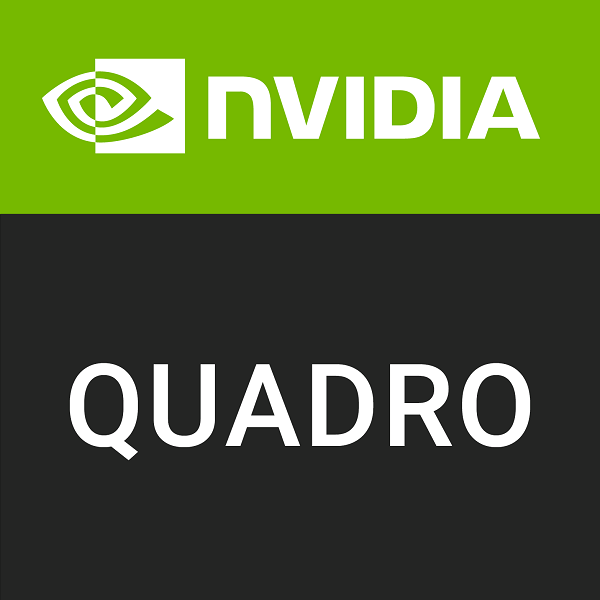NVIDIA GRID M3 3020 vs AMD Radeon Instinct MI50
We compared two Professional market GPUs: 4GB VRAM GRID M3 3020 and 8GB VRAM Radeon Instinct MI50 to see which GPU has better performance in key specifications, benchmark tests, power consumption, etc.
Main Differences
AMD Radeon Instinct MI50 's Advantages
Released 9 years late
Boost Clock has increased by 147% (3230MHz vs 1306MHz)
More VRAM (8GB vs 4GB)
Larger VRAM bandwidth (322.3GB/s vs 83.20GB/s)
1408 additional rendering cores
Score
Benchmark
FP32 (float)
GRID M3 3020
1.672 TFLOPS
Radeon Instinct MI50
+1482%
26.46 TFLOPS
Graphics Card
May 2016
Release Date
May 2025
GRID
Generation
Navi IV
Professional
Type
Professional
PCIe 3.0 x16
Bus Interface
PCIe 5.0 x8
Clock Speeds
1033 MHz
Base Clock
2220 MHz
1306 MHz
Boost Clock
3230 MHz
1300 MHz
Memory Clock
2518 MHz
Memory
4GB
Memory Size
8GB
GDDR5
Memory Type
GDDR6
128bit
Memory Bus
128bit
83.20GB/s
Bandwidth
322.3GB/s
Render Config
-
Compute Units
32
-
-
-
640
Shading Units
2048
40
TMUs
128
16
ROPs
64
-
-
-
-
RT Cores
32
64 KB (per SMM)
L1 Cache
16 KB (per CU)
2 MB
L2 Cache
4 MB
-
L3 Cache
32 MB
Theoretical Performance
20.90 GPixel/s
Pixel Rate
206.7 GPixel/s
52.24 GTexel/s
Texture Rate
413.4 GTexel/s
-
FP16 (half)
52.92 TFLOPS
1.672 TFLOPS
FP32 (float)
26.46 TFLOPS
52.24 GFLOPS
FP64 (double)
826.9 GFLOPS
Board Design
Unknown
TDP
150W
200 W
Suggested PSU
450 W
No outputs
Outputs
1x HDMI 2.1b
3x DisplayPort 2.1a
1x 8-pin
Power Connectors
1x 8-pin
Graphics Processor
GM107
GPU Name
Navi 44
-
GPU Variant
Navi 44 XT
Maxwell
Architecture
RDNA 4.0
TSMC
Foundry
TSMC
28 nm
Process Size
4 nm
1.87 billion
Transistors
Unknown
148 mm²
Die Size
153 mm²
Graphics Features
12 (11_0)
DirectX
12 Ultimate (12_2)
4.6
OpenGL
4.6
3.0
OpenCL
2.2
1.3
Vulkan
1.3
5.0
CUDA
-
6.7 (5.1)
Shader Model
6.8





